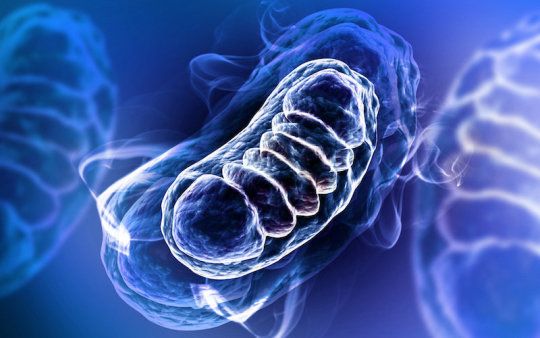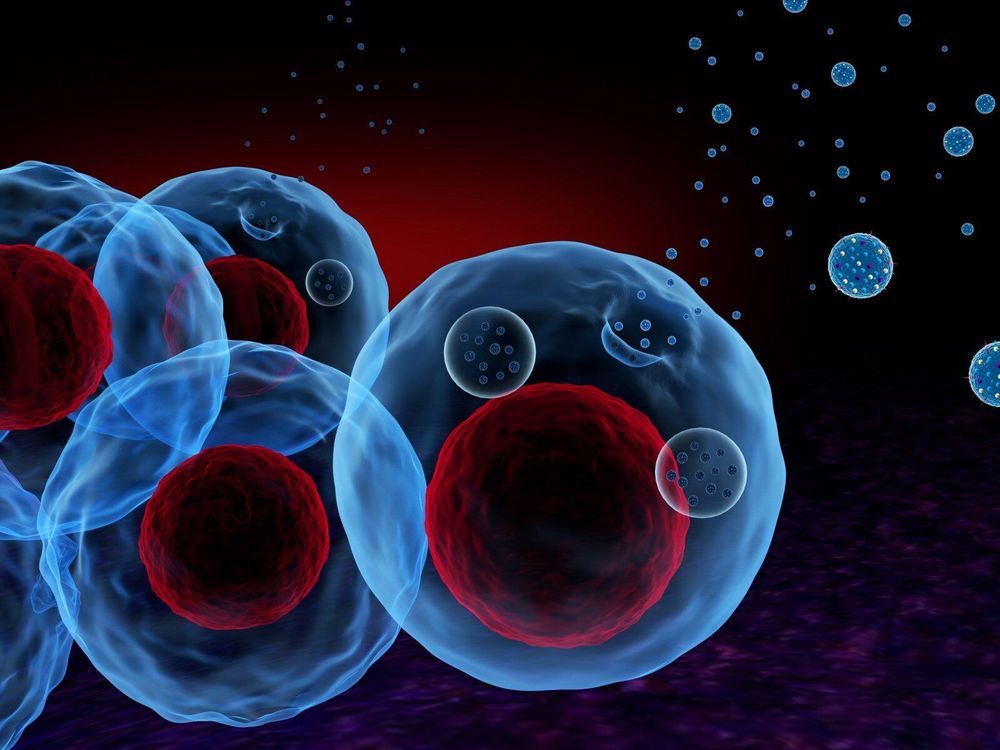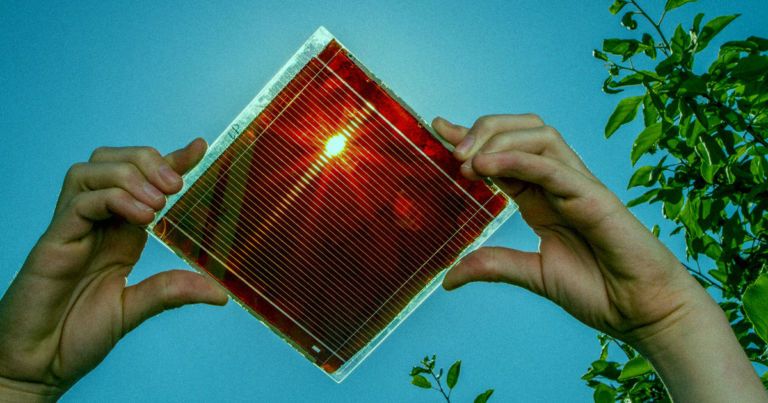Dec 17, 2019
Watch the First Commercial Self-Flying Helicopter Take Off
Posted by Shane Hinshaw in category: robotics/AI
Rather than representing an entirely different take on the flying car, the helicopter’s new brains are more equivalent to the “self-driving” features you see in contemporary cars — an effort to make vehicles safer and more accessible than ever before.
“Today, we design our lives around traffic and make decisions about where we live and work based on how hard it is to get there,” Mark Groden, Skyryse CEO and founder, said in a statement. “To get there, we need to make urban flying as safe as riding an elevator and as accessible and affordable as riding a bus.”
Continue reading “Watch the First Commercial Self-Flying Helicopter Take Off” »


















